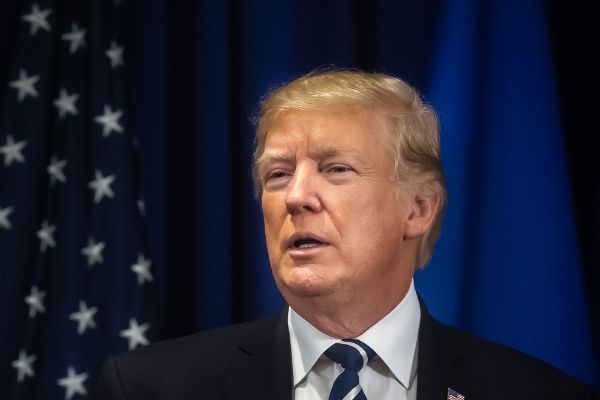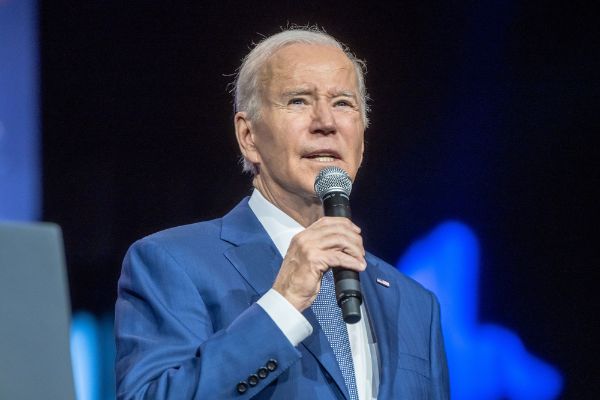Yuval Noah Harari, a high-ranking figure within the World Economic Forum, has recently sounded the alarm over President Donald Trump’s potential return to the White House, suggesting it could spell disaster for what he calls the “global order.”
This commentary, dripping with disdain for the populist wave Trump champions, exposes the deep-seated fear among the global elite that their grip on power could be weakened by a leader who prioritizes national sovereignty over globalist agendas.
Harari’s remarks betray a fundamental misunderstanding or perhaps a deliberate misrepresentation of the patriotic sentiment driving Trump’s base. The false dichotomy Harari presents between patriotism and globalism is a tired narrative aimed at discrediting the legitimate concerns many Americans have about the erosion of national identity and sovereignty. There’s nothing mutually exclusive about loving one’s country and engaging constructively on the world stage, unless, of course, the end goal is a “global government” that undermines the very concept of nation-states.
The oath to the U.S. Constitution taken by elected officials is a pledge to defend the nation from threats, both foreign and domestic, not a commitment to uphold a nebulous and unaccountable global governance structure. Harari’s comments not only reveal a blatant disregard for national loyalty but also underscore a broader agenda to consolidate power within a global technocratic elite, an agenda that Trump and his supporters have vocally opposed.
The irony of Harari’s fear-mongering is that it only serves to bolster Trump’s appeal among those who are wary of the globalist project. The notion that Trump’s presidency could be a “death blow” to the global order is music to the ears of many who feel disenfranchised by the current trajectory toward centralized global control. Harari, in his hubris, fails to recognize that his warnings may actually rally more support for Trump, who is seen as a bulwark against the encroaching globalist agenda.
If only Trump were as dedicated to dismantling the globalist framework as Harari believes, perhaps there would be a real chance to challenge the likes of Harari and his cohorts, who sit comfortably in their “filthy seat of power,” dictating policies and directions that benefit the few at the expense of the many. The battle lines are drawn, and Harari’s comments have only sharpened the resolve of those who cherish national sovereignty and democratic principles over the visions of a detached and unelected global elite.





Comments are closed.